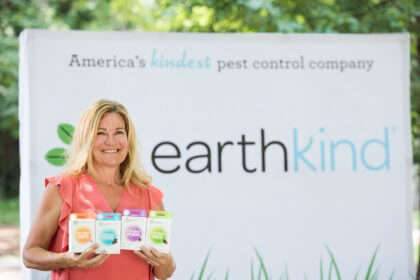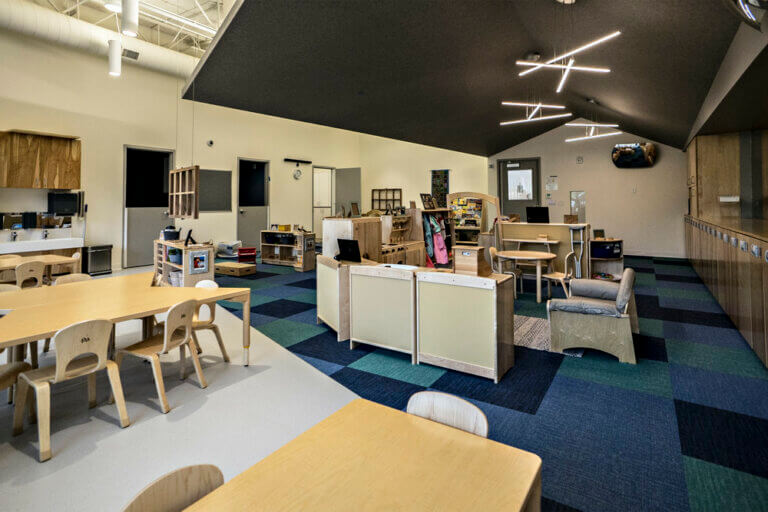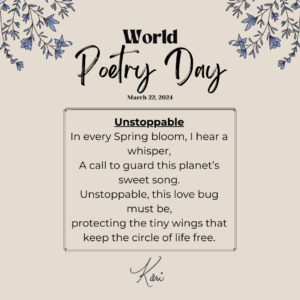Late summer is usually full of nature and its many wonders. Families make last-minute camping trips and enjoy long walks outdoors before school begins. Everything feels a little off course from being natural and full of wonder for many families this year.
I find myself wondering, when or if, we’ll ever get back to our summer rituals and routines. One thing’s for sure, we are all in this together. We’re all wanting the bad to slip away, and the better to stay. Our world will not change for the better unless we all participate in that change, and I believe change begins in the home.
Creating a world of protection starts with a toxin-free home.
In April, the CDC reported a 20% increase in calls to poison centers from Americans suffering from potentially toxic exposure to chemicals in household products. At EarthKind, we’ve seen a dramatic spike in business this year because of people becoming more conscious about the products they use in their homes to control pests. Frankly, I couldn’t be more thrilled to see this change! When I conceived the name EarthKind 20 years ago, only 2% of products sold in the pest category were non-toxic, and no one really cared. It’s very different today because more and more people are driving change by being smarter consumers and doing their research. Tens of millions of people have found their way to EarthKind over the past 15 years while researching the best natural options.

I started sharing expert advice from the beginning because connecting families everywhere to naturally effective pest solutions gives me great joy and moves us all closer to our mission.
Since the pandemic, people are staying home in large numbers and seeing things they’ve never noticed before like spiders under their bed, mice in the garage, moths in the pantry & closet, and ants in the kitchen and garbage bins. EEK!!!
Thankfully, no one protects these areas better than EarthKind deterrents. They’re fast-acting, long-lasting, plant-based, and 100% guaranteed; perfect for all the inconvenient, inaccessible places where sprays can’t reach, and toxic killers aren’t always safe to use, unless at the hand of a trusted & licensed pest control professional.
With school starting, it’s important that schools have safe environments, free from toxins that can affect our young children. For years, teachers have been calling us for product donations after they’ve discovered the schools have been spraying hazardous chemicals without their knowledge, affecting them and their students in noticeable ways. As a result, I’ve started a new coalition with several other sustainable companies like 7th generation, ECOS, and Naturepedic, to make schools safe. For any teachers or school administrators reading this, I invite you to look to The Helen R. Walton Children’s Enrichment Center to light the path forward. Although the grand opening was postponed due to COVID-19, this school will become the model for our schools of the future.

Environmental health and indoor air quality affect education.
Parents need to speak up and ask if their children’s school currently has an indoor air quality [IAQ] program, or a school environmental health program. For those who are homeschooling, or helping children attend school virtually, try these preventive tips to keep a healthy home environment:
- Practice effective cleaning and maintenance. My favorite brand today is Branch Basics. I’ve never had a cleaner clean!
- Prevent mold and moisture. Use a dehumidifier, vent (to outside) moisture-generating appliances e.g., the dryer, maintain gutters and downspouts, storm drains. Watch for condensation and wet spots; fix leaky plumbing.
- Reduce chemical and environmental contaminant hazards. Lead-based paint, radon, unclean drinking water, outdoor air pollution, diesel emissions, particle pollutants from clothing treated with formaldehyde, and secondhand smoke are some of the most common.
- Ensure good ventilation. Poor indoor air quality can cause short- and long-term health problems, it can also impact concentration and classroom performance. Indoor air has been found to be 2-5x more polluted than outdoor air. Change air filters on a regular basis. Ensure a good ventilation system exists above your stove and in your attic. Check that the HVAC system settings actually fit the space.
- Prevent pests and reduce pesticide exposure. Droppings from cockroaches and mice can trigger asthma and cause allergic reactions. Pests can also transmit infectious diseases. In schools, IPM or Integrated Pest Management reduces pesticide use by 70-90% according to Green, TA & Gouge, DH [2011]. EarthKind has decades of expert pest prevention advice available for you on our blog, email newsletters, social media, and through our Customer Care team.
The future is uncertain, especially for our children and teachers. But I know this for sure: we won’t get there without each other.
All my best to you; keep it kind friends!


